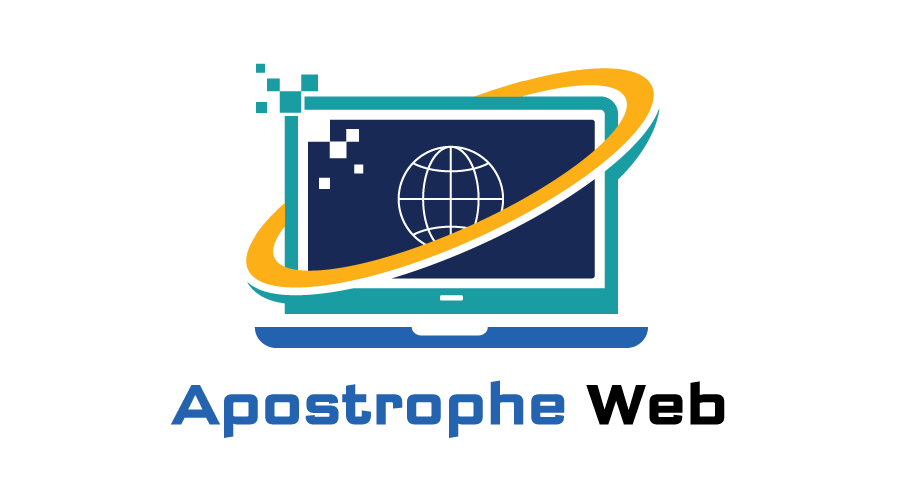Embarking on a journey as a private investigator is akin to stepping into the pages of a thrilling mystery novel. The allure of uncovering hidden truths and unveiling secrets resonates with our innate curiosity. However, beneath the veil of intrigue lie both remarkable advantages and formidable challenges.
As someone who has ventured into the realm of private investigation, I’ve experienced firsthand the multifaceted nature of this profession.
In this exploration, we’ll delve into the pros and cons of being a private investigator, shedding light on the aspects that make this path both exhilarating and demanding.
Pros
Unveiling the Truth
Private investigators hold the torch that illuminates the shadows. The satisfaction derived from unraveling enigmas and presenting clients with truth is unparalleled. Every case is a puzzle to be solved, and the rush that accompanies piecing together the puzzle can be addictive.
Varied Challenges
The diversity of cases keeps monotony at bay. One day might involve conducting surveillance on a suspected cheating spouse, while the next could lead to corporate investigations involving financial discrepancies. This variety keeps the mind engaged and the skills sharpened.
Flexible Work Environment
Private investigators often have the luxury of crafting their schedules. This flexibility is a blessing for those seeking a work-life balance. Whether you’re a night owl or an early riser, you can tailor your work hours to suit your natural rhythm.
DCJS Private Investigation Training
Proper training equips private investigators with essential skills, enhancing their effectiveness. The DCJS private investigation training prepares investigators to handle different scenarios, from surveillance techniques to legal procedures, ensuring they’re well-prepared for the challenges ahead.
Cons
Uncertainty and Risk
Private investigation can be akin to walking a tightrope. The uncertainty of outcomes and the inherent risks, especially in cases involving criminal elements, can be mentally and emotionally taxing. Navigating precarious situations demands a strong nerve and quick thinking.
Emotional Toll
Some cases touch the depths of human emotions – infidelity, missing persons, and personal tragedies. As a private investigator, you’re often privy to people’s most vulnerable moments. Managing your emotions while offering empathetic support to clients is a delicate balance.
Privacy Concerns
Delving into people’s lives raises ethical questions. Private investigators must walk the fine line between gathering information and infringing on someone’s privacy. Navigating this ethical terrain can be a source of moral dilemmas.
Land Surveying in Manhattan, NY
Sometimes, private investigators are tasked with surveying, such as land surveying Manhattan NY where property disputes can be complex. This adds a layer of technicality to the job, necessitating an understanding of land laws and regulations.
Conclusion
Being a private investigator is a journey fueled by curiosity and a quest for truth. It’s a career path that demands a blend of analytical skills, emotional intelligence, and adaptability. The thrill of cracking cases and bringing closure to clients is offset by the challenges of emotional toll and ethical dilemmas.

